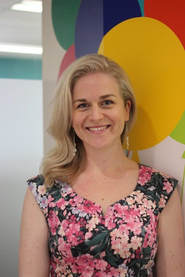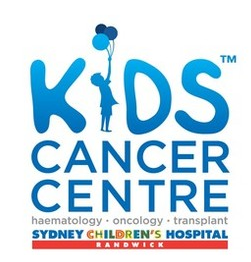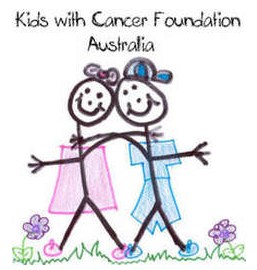I completed a Bachelor of Education (Primary) (Hons, Class 1) at Charles Sturt University, graduating in 2009. Over the course of my degree and concurrent practicums, I developed an interest in the types of inclusive practices that could best support students with special needs in mainstream schools. As a result, I decided to further explore this by applying for the honours program, culminating in a dissertation titled, “It’s the essence of education”: Exploring the inclusive practices of effective educators. The study looked at the effective inclusive practices being employed in mainstream classrooms through interviews and observations with primary and high school teachers.
After completion of my degree, I worked at Charles Sturt University (CSU), Wagga Wagga for six years as a research assistant and, more recently, as a research and events coordinator for CSU’s Digital Learning Innovation Laboratory: u!magine. During my time at CSU, I worked for multiple researchers, mainly in areas of education and information studies. When it comes to research, I would describe myself as qualitatively driven: I really enjoy interviewing participants as well as observing the practice and/or behaviours of individuals. I’m intrigued by the ‘human element’ and often find myself wanting to make sense of the world in this way.
I also have experience working as an administrative assistant and primary school teacher. Outside of work hours, I have a passion for the performing arts and enjoy singing, dancing and aerial yoga.
What is your current role?
I am working as Research Officer in the Mental Health Team of the Behavioural Sciences Unit. I’m primarily working on the Cascade and Recapture Life studies. These studies are looking at ways in which to best support young people and their families after cancer treatment specifically through online support groups led by a psychologist. Both the Cascade and Recapture Life projects will soon be moving into their implementation phase. I’m looking forward to working with the research team on this exciting and important application of the study to the wider community through support organisations.
What are the ‘best’ parts of your current role?
The BSU team has warmly welcomed me and I’m really enjoying working with and getting to know my colleagues. We are a very friendly, knowledgeable and fun group. In addition to this, it’s a nice feeling knowing that the research I’m involved in and the work that I’m doing is in support of a larger goal to improve people’s lives after cancer. I feel that I’m part of something meaningful, where the research has an important and significant real life application and impact.
What are the most challenging parts of your current role?
Coming from an education background, I would say that it is a bit of a transition to the health/psychology discipline. There are many new terms, concepts and ideas. However, I’ve enjoyed learning more about the field and working in a team where research is aiming to make a real and positive impact on the lives of those that have been affected by cancer.
Where do you see yourself in five years’ time?
That is a very tricky question! I hope that wherever I am, I'm doing something worthwhile plus still learning and developing my knowledge and skills – whether that be in research or another area if that is where life takes me.
What advice would you have for someone wanting to follow a similar path in terms of their study/career?
I think it’s important to think about what interests and drives you as a person, perhaps also something that you feel is contributing and making a difference to the world. When I began my education degree, I certainly never imagined that I would complete honours and end up in research, but I took opportunities as they came to me and was lucky to gain some valuable experience and skills that have led me to where I am now.
The Behavioural Sciences Unit is Proudly Supported by the Kids with Cancer Foundation.



 RSS Feed
RSS Feed